Energy & Climate Policymaking in Germany
How does it work?
In Germany the Federal Parliament (Bundestag), the Government and the Federal Council (Bundesrat) all have the right to introduce draft bills; however, the Bundestag is the first decision-making body. A proposed law needs to undergo a threefold reading process. During the first reading, the Bundestag discusses the general outline of it and the proposal is sent to an expert committee. In the second reading, the Bundestag discusses the expert committee's deliberations and can amend the bill before a final decision is taken after the third reading. Finally, laws are passed by a majority of votes cast and promulgated by the President after countersignature of the Federal Chancellor and competent Federal Ministers and promulgated in the Federal Law Gazette.
When was the founding meeting of the Bundesrat?
Institutions
Who are the actors involved and what role do they play? Click on an institution to learn more.
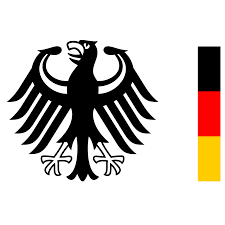
Federal Ministry for the Environment, Nature Conservation, Building and Nuclear Safety
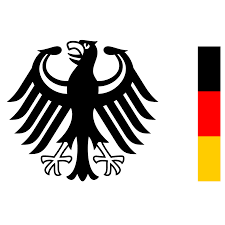
Federal Ministry for Economic Affairs and Energy (BMWi)
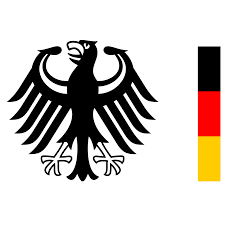
Federal Ministry of Transport and Digital Infrastructure (BMVI)
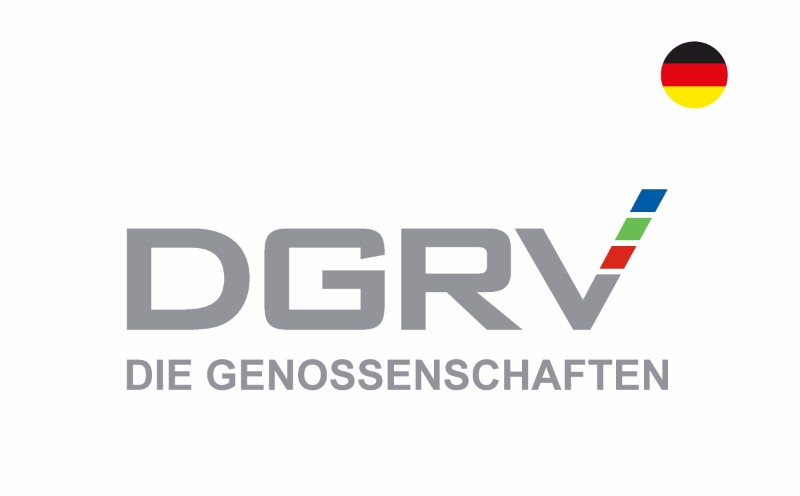
National Office for (Energy) Cooperatives
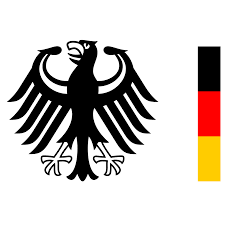
Federal Ministry of Food and Agriculture (BMEL)
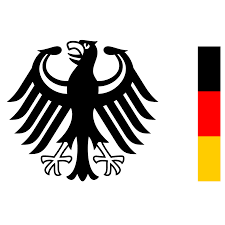
Federal Ministry for Economic Cooperation and Development (BMZ)
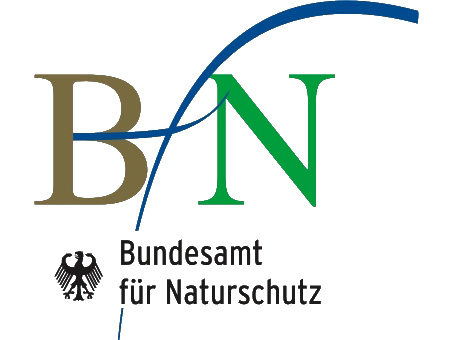
Federal Agency for Nature Conservation (BFN)
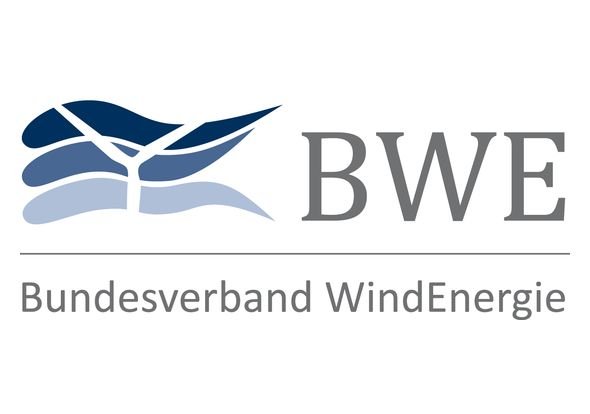
German Wind Energy Association (BWE)
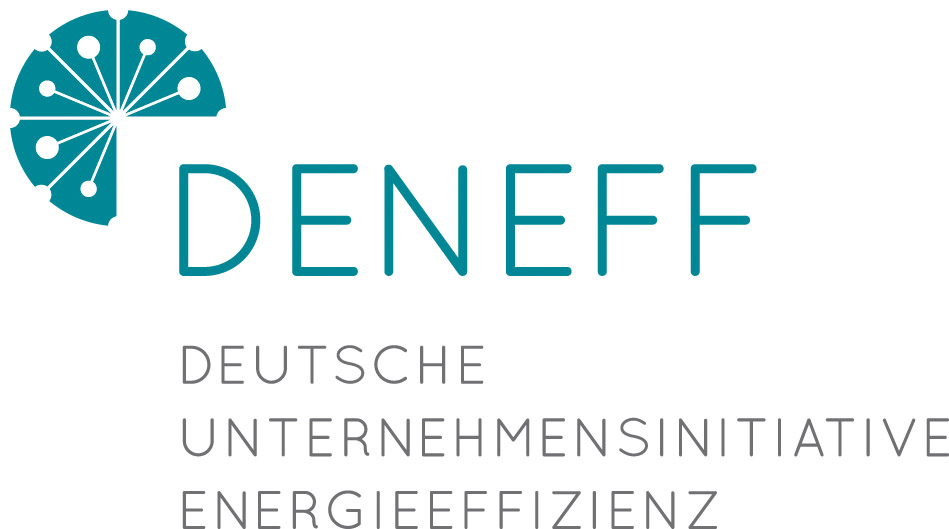
German Industry Initiative for Energy Efficiency (DENEFF)

Academy Project ‘Energy Systems of the Future’

adelphi
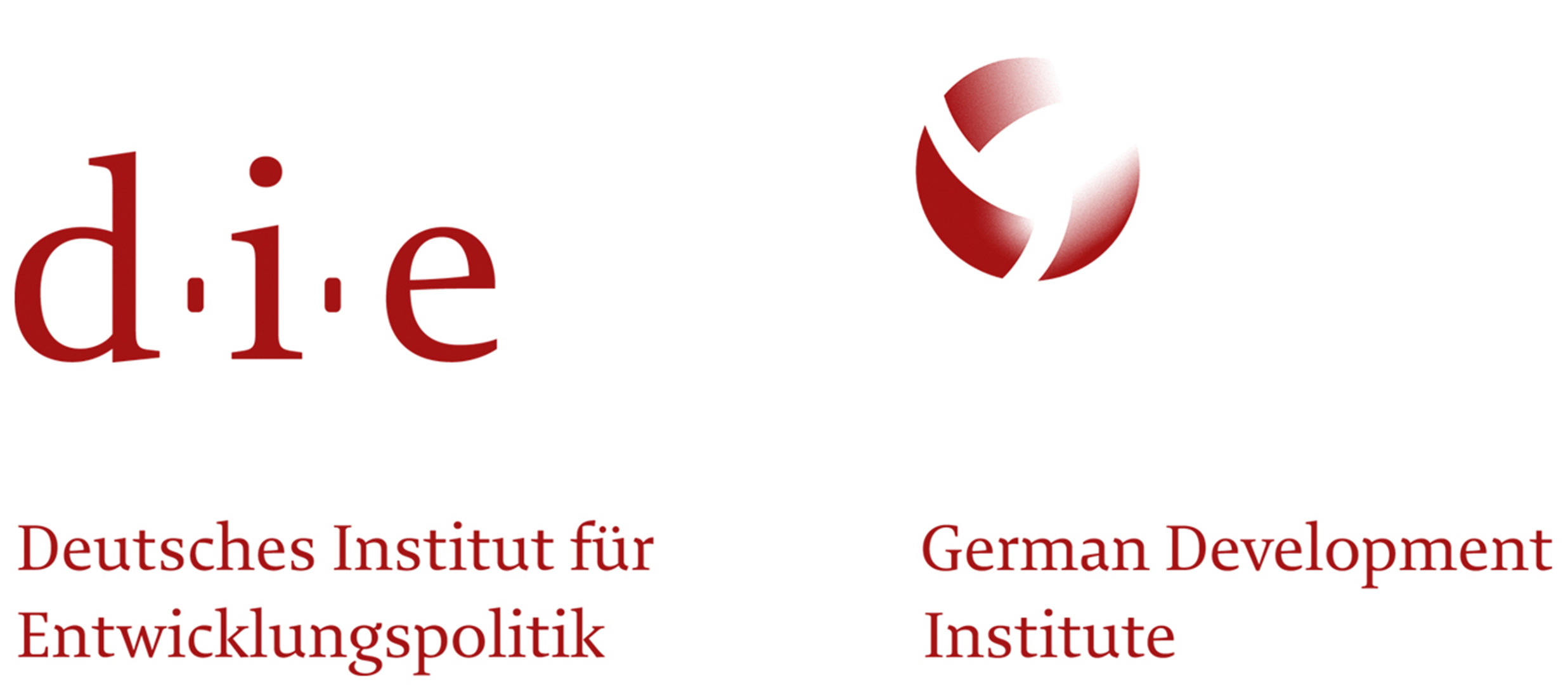
German Development Institute (DIE)
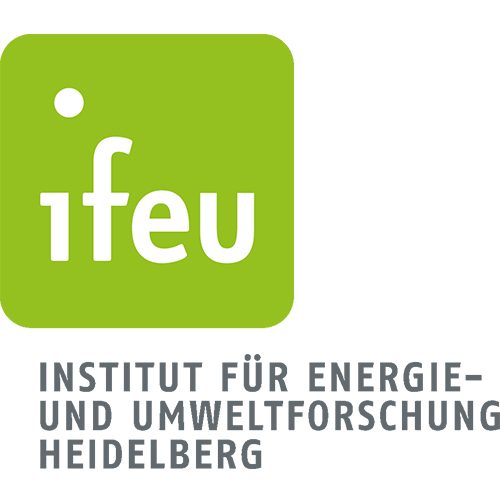
The Institute for Energy and Environmental Research Heidelberg (IFEU)
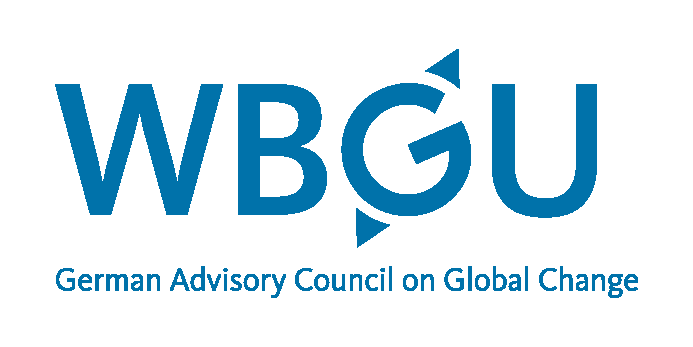
The German Advisory Council on Global Change (WBGU)
Which of the following topics does NOT fall within the competence of the Federal Ministry for the Environment, Nature Conservation and Nuclear Safety?
Policy Plans
Follow the path some policies took from draft to reality. Where did youth contribute?